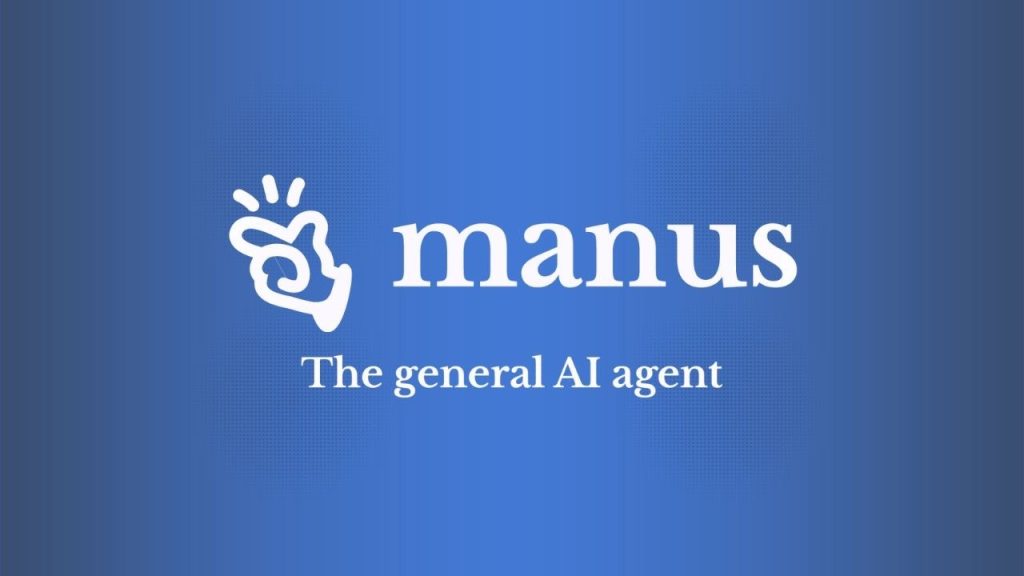China’s AI landscape has been significantly advanced with the introduction of Manus, a fully autonomous AI agent developed by the startup Monica. Launched on March 6, 2025, Manus distinguishes itself by independently analyzing, planning, and executing complex tasks without explicit human input.
Key Features of Manus:
- Autonomous Task Management: Manus can independently handle intricate tasks such as sorting resumes, analyzing stock trends, and developing websites, showcasing a high degree of operational autonomy.
- Multi-Agent Architecture: It employs a system of specialized sub-agents to decompose complex problems into manageable components, assigning each to the appropriate sub-agent and overseeing their progress. This structure enables Manus to tackle multi-step workflows that previously required manual integration of multiple AI tools.
- Asynchronous Operation: Unlike traditional AI assistants that require active user engagement, Manus operates in a cloud-based asynchronous manner, allowing it to perform tasks without continuous user interaction.
Industry Reception:
The AI community has exhibited both enthusiasm and caution regarding Manus. Some experts praise its potential to revolutionize task automation, while others express concerns about data privacy and the agent’s propensity for errors. Additionally, there are debates about its originality, with some questioning whether Manus truly represents a novel advancement or is an iteration of existing technologies.
Implications for the Future:
Manus’s emergence underscores China’s rapid progress in AI development and highlights the global race toward achieving advanced autonomous AI systems. Its ability to perform complex tasks with minimal human intervention positions it as a potential game-changer across various industries, prompting discussions about the future of work, data security, and the ethical deployment of AI technologies.



Comments (0)
No comments yet. Be the first to comment!
Leave a Comment